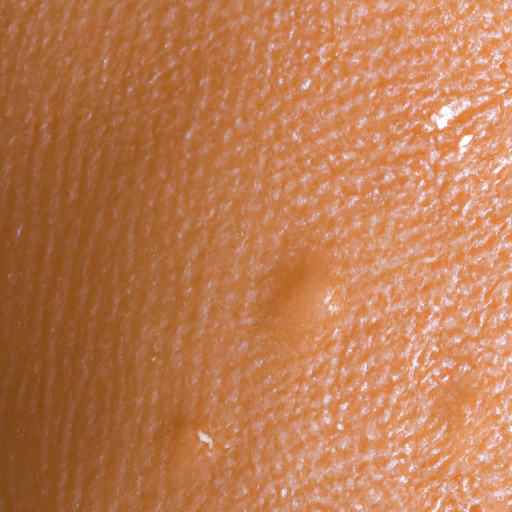Oily skin can be a challenging condition to manage. It often leads to a shiny complexion, enlarged pores, and frequent breakouts. However, with the right skincare regimen and lifestyle changes, you can effectively manage oily skin and restore your skin’s natural glow. This comprehensive guide will provide expert advice on tackling oily skin.
Firstly, it’s essential to understand what causes oily skin. The sebaceous glands in our skin produce sebum, a natural oil that helps protect and hydrate the skin. However, when these glands overproduce sebum, it leads to oily skin. Factors contributing to this overproduction include genetics, hormonal changes, stress, and environmental conditions.
The cornerstone of managing oily skin is a well-balanced skincare routine. Start with a gentle, oil-free cleanser. Washing your face twice a day is usually enough. Over-cleansing can strip the skin of its natural oils, causing it to produce more oil to compensate.
Exfoliation is another crucial step in your skincare routine. It helps remove dead skin cells that can clog pores and increase oil production. However, avoid harsh scrubs as they can irritate the skin and exacerbate oiliness. Instead, opt for a gentle exfoliant with salicylic acid or alpha-hydroxy acids (AHAs). These ingredients can penetrate the pores and dissolve the debris that causes blackheads and acne.
After cleansing and exfoliating, use an oil-free moisturizer. While it may seem counterintuitive to moisturize oily skin, skipping this step can actually make your skin produce more oil. Look for lightweight, non-comedogenic products that won’t clog your pores.
In addition to these daily steps, consider incorporating a clay mask into your routine once or twice a week. Clay masks can absorb excess oil and impurities from the skin, leaving it fresh and matte.
Diet and lifestyle also play a significant role in managing oily skin. Stay hydrated and maintain a balanced diet rich in fruits, vegetables, lean proteins, and whole grains. Avoid foods high in sugars and fats, as they can stimulate oil production. Regular exercise can also help regulate hormones and reduce stress, both of which can contribute to oily skin.
Lastly, don’t forget to protect your skin from the sun. While it’s a common misconception that sun exposure can dry out oily skin, the truth is that it can actually trigger more oil production and lead to breakouts. Always apply a broad-spectrum sunscreen with an SPF of at least 30.
In conclusion, while managing oily skin may require some trial and error to find what works best for you, the key lies in maintaining a consistent skincare routine, making healthy lifestyle choices, and protecting your skin from environmental damage. Remember, everyone’s skin is unique, and what works for one person may not work for another. If you’re struggling with oily skin, consider consulting a dermatologist or skincare expert for personalized advice. With the right approach, you can banish the shine and embrace your skin’s natural radiance.



